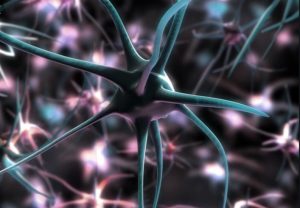Researchers from the University of California in San Francisco (UCSF) and the University of Queensland in Australia, have been studying how animal venoms and toxins affect the wasabi pain receptors in the body.
The human body has lots of different nerve cell receptors and the ‘wasabi receptor’ is a specific receptor on pain nerve cells . When a toxin (or chemical) reaches the wasabi pain receptor it triggers pain and inflammation. This is usually a warning sign that helps us moves away from wasabi, cigarette smoke and environmental pollutants. During their research, the scientists isolated a toxin from the venom of the Australian Black Rock scorpion that targets the wasabi pain receptor in an unusual and unique way that they have not seen before.
But how does that help with chronic back pain?
According to the new research, the toxin’s unusual mechanism of action means that it could help scientists learn more about medical treatments for chronic pain and in particular, chronic back pain. Due to the very unusual and unique way the scorpion venom toxin enters the wasabi pain receptor, the scientists believe if they copy this mechanism they could get drugs into the pain receptors the same way. In summary, the researchers think they can develop non-opioid medication that can help chronic pain in a way that has not been seen before.

A magnified pain nerve receptor


